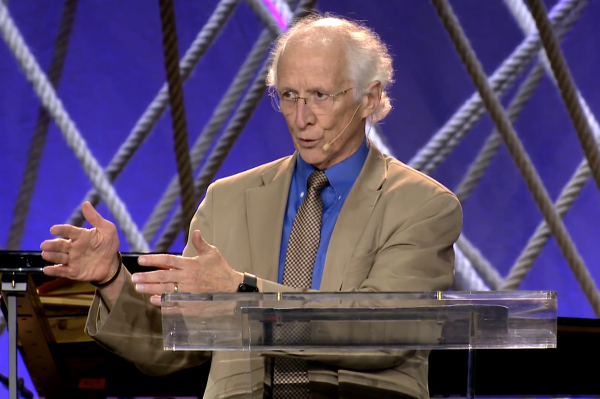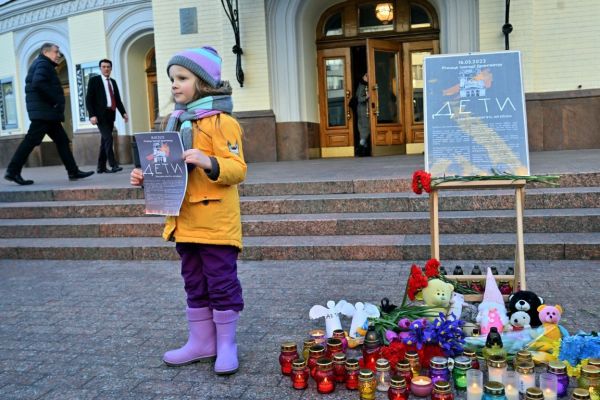Poll: Half of Britons Say Jesus' Birth Is Relevant to Their Christmas
LONDON – New research out from the London-based theology think tank Theos reveals the extent to which British society is divided over the meaning of Christmas.
A ComRes poll of 1,000 adults for the think tank found that just under half (46 percent) agreed with the statement that the birth of Jesus is "irrelevant" to their Christmas, compared with 51 percent who believe His birth is relevant.
There were clear differences in the significance attached to Christ's birth among the nations, sexes and ages.
Scottish people were most likely to disagree with the statement (65 percent), compared with a Great Britain average of 51 percent.
Surprisingly, people aged 18 to 24 were more likely than any other age group to disagree with the statement (55 percent), challenging the common assumption that Christ's birth is only meaningful to older generations.
Women were also more likely than men to disagree with the statement (56 percent compared with 47 percent).
The findings also revealed a drop in the number of people planning to attend a Christmas church service this year, down from 44 percent in 2008 to 36 percent.
Commenting on the findings, Theos director Paul Woolley said, "It's clear that society is split right down the middle regarding the religious significance of Christmas."
"It will surprise people that young people are most likely to believe that Jesus is relevant to their Christmas," he added. "It's difficult to work out why fewer people expect to attend a Christmas church service than in previous years, although 36 percent remains a relatively high figure.
People over 65 are nearly twice as likely to spend this Christmas alone (11 percent compared with 6 percent of the general population), while 68 percent said they planned to spend Christmas with their family.
The research also found that Christmas is likely to be a difficult time for Britain's poorest people, with 22 percent of people in the lowest socio-economic group (DE) saying they dread Christmas, 4 percent higher than the national average.
They were also more likely to borrow money to cover the costs of their Christmas celebrations (15 percent compared with the national average of 13 percent).
Ironically, they were also far more likely to regard Christmas as overrated (61 percent compared with the national average of 54 percent), and to spend Christmas alone (11 percent compared with 6 percent).
Whilst most people (82 percent) said they planned to spend the same or less on Christmas this year, 18 to 24-year-olds bucked that trend, with 38 percent saying they would spend more – the highest percentage across all age groups.
Sixty-two per cent of the 1,000 adults polled said that spending less would not make any difference to their Christmas because it "is about more than presents", while 18 percent agreed that spending less would make their Christmas better because they would be able to concentrate on the "things that matter."
Mr Whoolley said the stark differences between the rich and poor at Christmas should "trouble" people.
He said: "In general terms, the financial downturn is clearly forcing people to tighten their belts this year. Still, it's interesting to note that 62 percent of people don't think it will make any difference to their enjoyment of Christmas.
"The fact that 68 percent of people will be spending Christmas with their family shows how significant family bonds are, but we should be concerned that people aged 65 and over are most likely to spend Christmas alone."






















